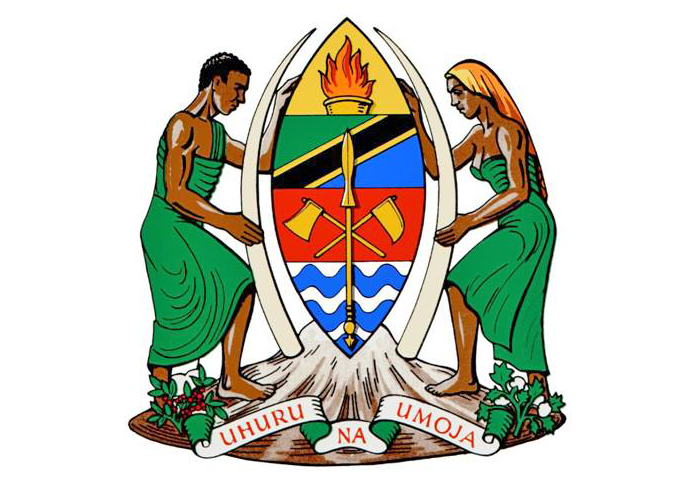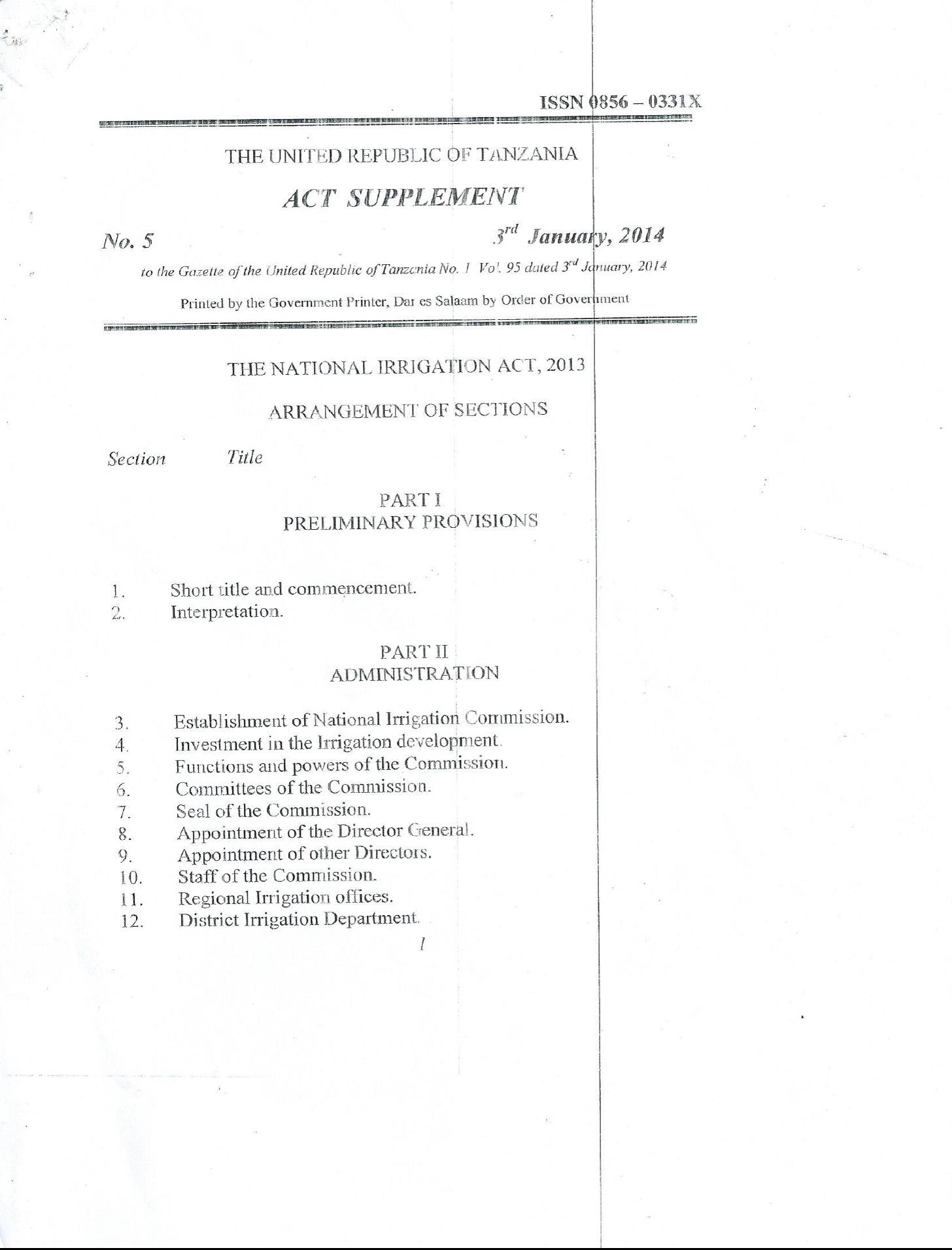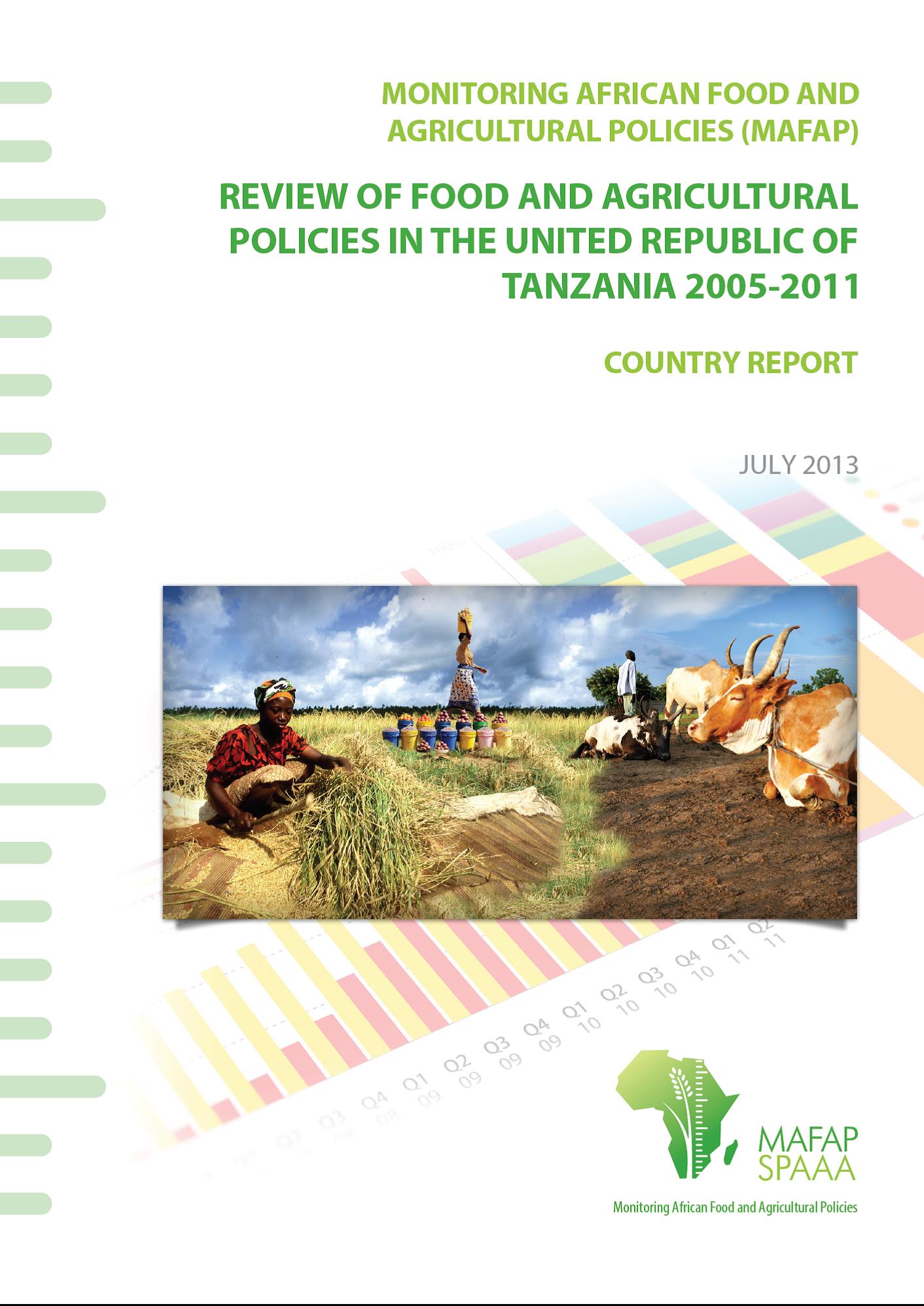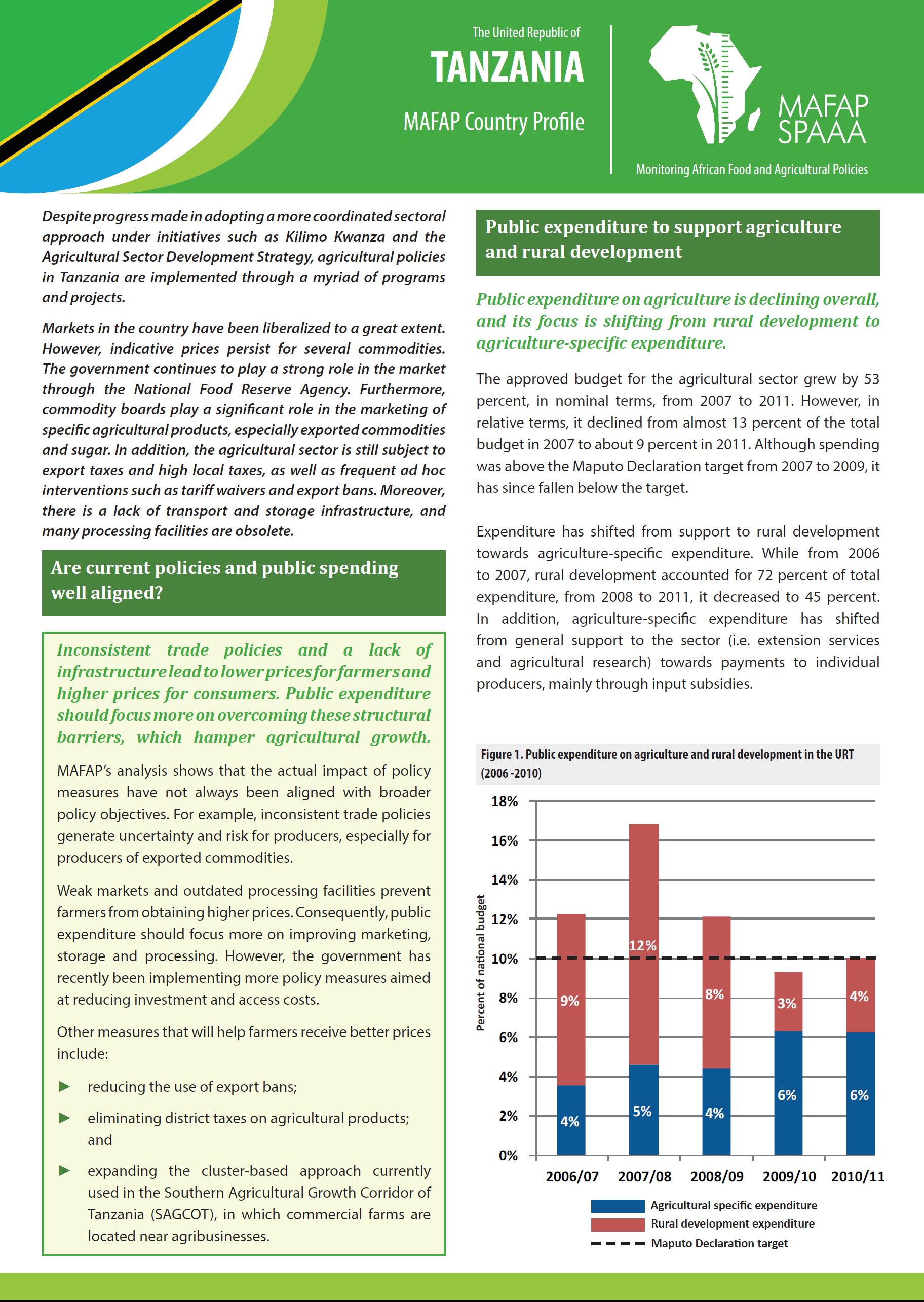Location
The vision of the Ministry of Agriculture Livestock and Fisheries Client Service charter is stipulated in the following statement:
Nucleus for providing policy guidance and services to a modernized, commercialized, competitive and effective agriculture and cooperative systems by 2025
Our Mission
To deliver quality agricultural and cooperative services, provide conducive environment to stakeholders, build capacity of local Government Authorities and facilitate the private sector to contribute effectively to sustainable agricultural production, productivity and cooperative development, The MAFC will this by:
- Formulating, coordinating, monitoring and evaluating the implementation of relevant policies in the agricultural sector and monitoring crop regulating institution;
- Collaboration with the private sector, local government and other service providers to provide relevant technical service in research, extension, irrigation, plant protection, crop promotion, land use, mechanization, agricultural inputs, information services and cooperative development;
- Undertaking crop monitoring and early warning, maintaining strategic food reserves and promoting appropriate post harvest technologies, and
- Encouraging, undertaking and coordinating research and development and training.
Members:
Resources
Displaying 1 - 5 of 9The National Irrigation Act
An Act to provide the establishment of the National Irrigation Commission; to provide for the development,operation and maintenance of irrigation and drainage systems; to provide for effective implementation of the National Irrigation Policy, the National Irrigation Development Strategy and to provide for related matters.
National Agriculture Policy
The NAP 2013 aims at addressing challenges that continue to hinder the development of the agricultural sector; these include low productivity; over dependence on rain-fed agriculture; inadequate agriculture support services; poor infrastructure; weak agro-industries; low quality of agricultural produce; inadequate participation of the country’s private sector in agriculture; environmental degradation and crop pests and diseases.
Review of Food and Agricultural Policies in the United Republic of Tanzania
This report presents findings from the first agricultural policy review conducted by the Monitoring African Food and Agricultural Policies (MAFAP) project in the United Republic of Tanzania. The report reviews key economic issues and the main policy decisions affecting the agricultural sector. In particular, it focuses on price incentives and disincentives faced by farmers and consumers of nine agricultural commodities which make up a significant part of agricultural production, imports, exports and diet.
Monitoring African Food and Agricultural Policies
FAO is working with national partners to set up a sustainable system for monitoring the impact of food and agricultural policies for the first time in Africa. Through MAFAP, FAO has developed common indicators for monitoring key commodities and public expenditure in agriculture. This helps policy makers and donors understand if policies are having a positive impact and compare results across countries and over time.
Monitoring African Food and Agricultural Policies
Despite progress made in adopting a more coordinated sectoral approach under initiatives such as Kilimo Kwanza and the Agricultural Sector Development Strategy, agricultural policies in Tanzania are implemented through a myriad of programs and projects.






